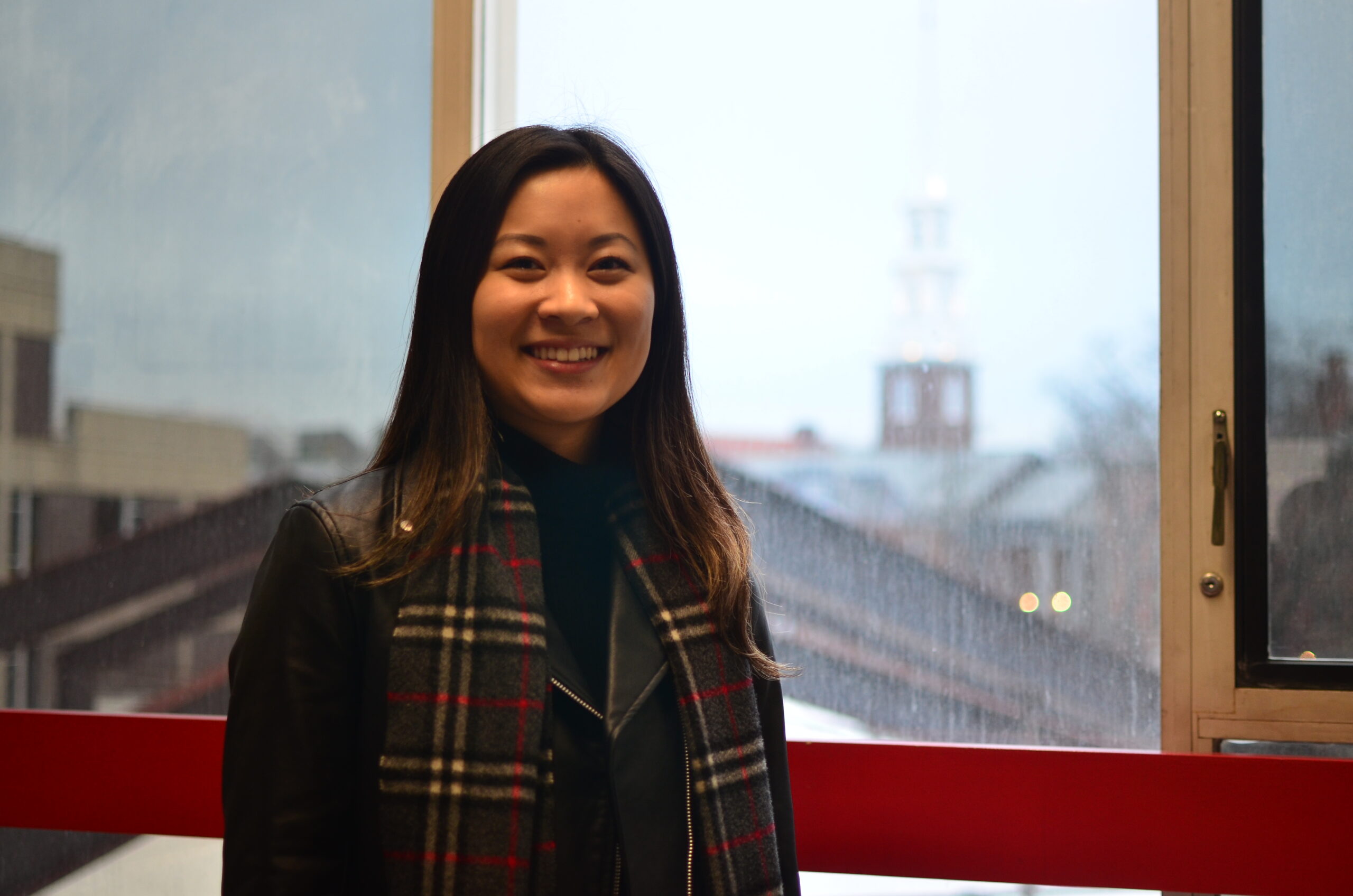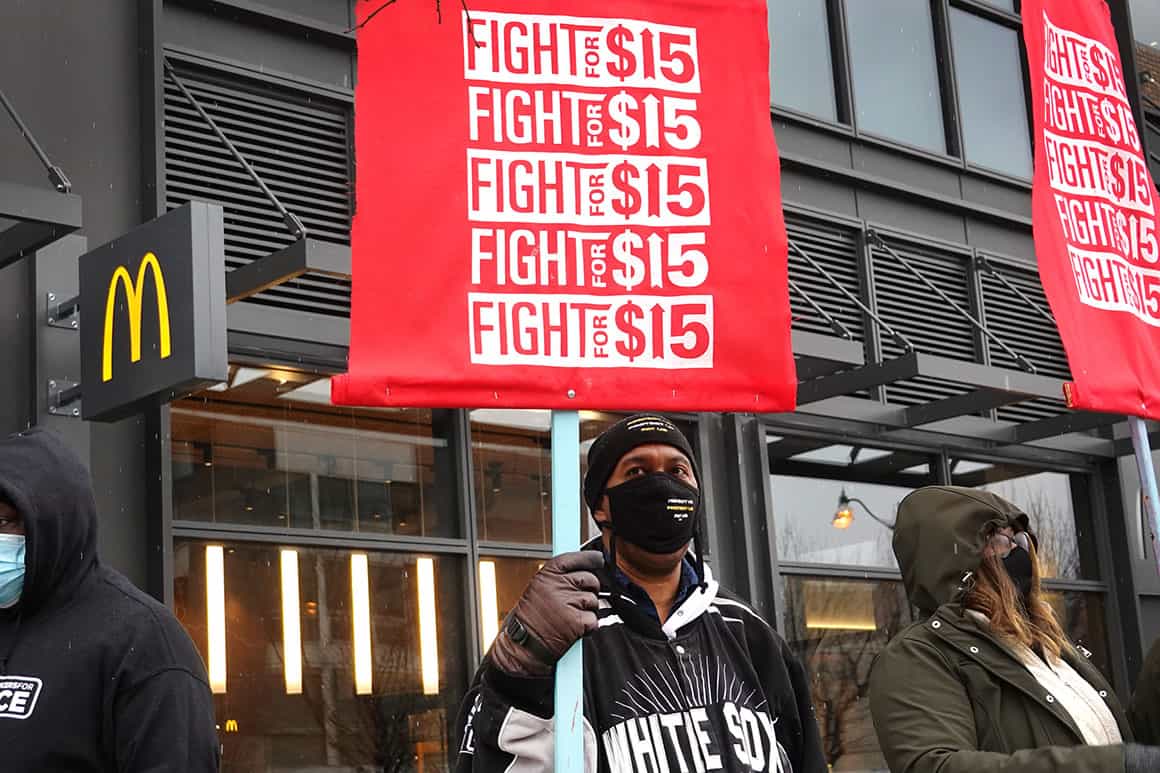
Sunah Chang is a student at Harvard Law School.
In today’s news and commentary: Corporations back away from workplace DEI initiatives, the Poor People’s Campaign launches marches across the country to call for economic justice and workers’ rights, and more university workers seek to unionize.
Corporate America has officially begun its retreat from DEI programs. According to an article published by Bloomberg on Sunday, major banks and companies have begun to scale down existing workforce diversity programs in response to last summer’s SFFA decision and the ongoing public campaign against DEI. For example, Goldman Sachs has opened up its networking summit for Black college students to white students, Bank of America has broadened internal programs that were previously only for women and minorities, and Zoom has laid off its internal DEI team. Many of these DEI programs were created or bolstered during the summer of 2020, after waves of protests responding to the death of George Floyd increased demands for racial justice across the country. Yet, the current backlash against DEI threatens to undo many of these diversity efforts within American businesses.
This past Saturday, the Poor People’s Campaign organized marches in 32 states and DC to demand poverty alleviation and mobilize low-income voters in preparation for today’s Super Tuesday. Among various calls for economic, racial, and climate justice, the campaign also demands a federal minimum wage of at least $15 an hour and calls on the government to ensure paid family and medical leave, adequate OSHA protections, and the right to form and join unions. While the Poor People’s Campaign operates at a national level, the March 2nd marches were coordinated with the help of local organizers and partner organizations, including labor unions and faith leaders. Moving forward, the campaign plans to hold 40 weeks of action leading up to the November election.
Turning to universities, more student workers have made headway in their paths to unionization. On Sunday, the Vanderbilt Graduate Workers United announced that a majority of graduate student workers had signed union authorization cards to form their union. Yesterday, Harvard Academic Workers, a union which brings together non-tenure-track academic workers at Harvard University, filed for a union election with the NLRB. Last week, the Harvard Union of Residential Advisors launched its public campaign to form a union, and is preparing to file for a union election with the NLRB.






Daily News & Commentary
Start your day with our roundup of the latest labor developments. See all
November 27
Amazon wins preliminarily injunction against New York’s private sector bargaining law; ALJs resume decisions; and the CFPB intends to make unilateral changes without bargaining.
November 26
In today’s news and commentary, NLRB lawyers urge the 3rd Circuit to follow recent district court cases that declined to enjoin Board proceedings; the percentage of unemployed Americans with a college degree reaches its highest level since tracking began in 1992; and a member of the House proposes a bill that would require secret ballot […]
November 25
In today’s news and commentary, OSHA fines Taylor Foods, Santa Fe raises their living wage, and a date is set for a Senate committee to consider Trump’s NLRB nominee. OSHA has issued an approximately $1.1 million dollar fine to Taylor Farms New Jersey, a subsidiary of Taylor Fresh Foods, after identifying repeated and serious safety […]
November 24
Labor leaders criticize tariffs; White House cancels jobs report; and student organizers launch chaperone program for noncitizens.
November 23
Workers at the Southeastern Pennsylvania Transportation Authority vote to authorize a strike; Washington State legislators consider a bill empowering public employees to bargain over workplace AI implementation; and University of California workers engage in a two-day strike.
November 21
The “Big Three” record labels make a deal with an AI music streaming startup; 30 stores join the now week-old Starbucks Workers United strike; and the Mine Safety and Health Administration draws scrutiny over a recent worker death.